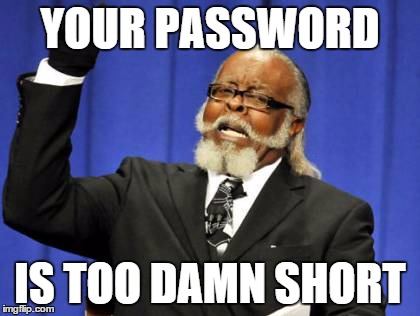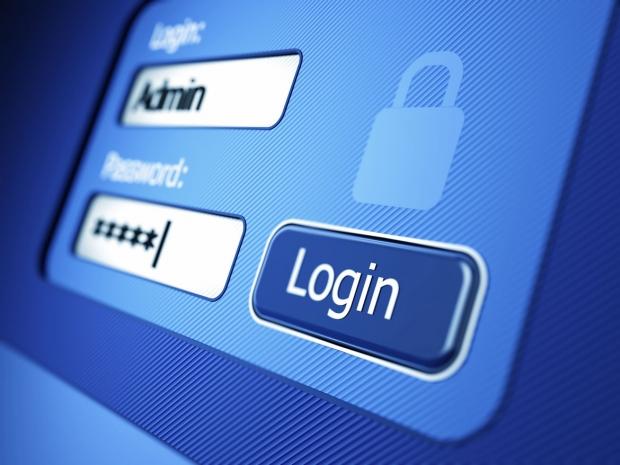Google users can now download their entire Web search history to a desktop, according to instructions posted on the company’s support site.”This gives you access to your data when and where you want,” Google wrote about the service.Google search history has been available to users for a long time, but the ability for individuals to download all of the data at once was released in January, according to Google spokesman Jason Freidenfelds.The service was first reported by an unofficial, third party blog called “Google Operating System” on April 18 and picked up traction online, according to reports.
Category Archives: Security tips
How attackers exploit end-users’ psychology
At RSA Conference 2015, Proofpoint released the results of its annual study that details the ways attackers exploit end-users’ psychology to circumvent IT security.
“The Human Factor research validates the critical value of threat information—and provides insight into how, when and where attacks are taking place,” said Kevin Epstein, Proofpoint’s vice president of Advanced Security & Governance. “The only effective defense is a layered defense, a defense that acknowledges and plans for the fact that some threats will penetrate the perimeter. Someone always clicks, which means that threats will reach users. Proofpoint’s approach is effective because our systems can determine who those users are, where they are, and what’s happening in real time—and actively protect organizations with real-time automated threat response.”
Your Password is Too Damn Short

Unless your password is at least 12 characters, you are vulnerable.
That should be the minimum password size you use on any service. Generate your password with some kind of offline generator, with diceware, or a passphrase approach – whatever it takes, but make sure your passwords are all at least 12 characters.
Source: Your Password is Too Damn Short
Consumers think passwords are of no value to criminals
21 percent of respondents to a Kaspersky survey assume their passwords are of no value to criminals. Many often take the easy way out when creating and storing passwords. For example, only 26 percent of those surveyed create a separate password for each account and just 6 percent use password storage software.
However, passwords are the keys to an online account holders’ personal data, private life and even their money, which is very valuable to a criminal.
Despite the fact that passwords provide access to valuable information, the survey shows that respondents are not always careful. Specifically, 18 percent of those surveyed write down their passwords in a notebook and 17 percent freely share their personal account passwords with family members and friends.
“Even if you are not a celebrity or a billionaire, cybercriminals can profit from your credentials,” says Elena Kharchenko, head of consumer product management, Kaspersky Lab. “A password is like a key to your home; you wouldn’t leave your door unlocked, or put your keys where anyone could find them, just because you don’t think you have anything of great value. Complex passwords unique to each account, carefully stored in a safe place, will save you a lot of trouble.”
To protect accounts against unauthorized entry, Kaspersky Lab recommends the following:
- Create a unique password for each account: if one password is stolen, the rest will remain safe.
- Create a complex password that won’t be easy to crack even if cybercriminals are using special programs. That means using at least 8 symbols including upper and lower-case letters, numbers, punctuation marks and no pet names or dates of birth.
- Do not give your password to anyone, not even your friends. If cybercriminals can’t steal it from your device, they might be able do it from someone else’s.
- Store your password in a safe place. Don’t write it down on paper; either remember it or use a special program for storing passwords from a reliable vendor.
Source: Consumers think passwords are of no value to criminals
Russian government giving cybercriminals advanced malware software
The Russian government is reportedly providing advanced malware software to cybercriminals and organized crime groups.
“Russian nationalism and organized crime are being assisted by Russian state security,” said Ray Boisvert, former assistant director and the head of intelligence for the Canadian Security Intelligence Service (CSIS), in a statement to The Register. “The red lines have gone because of Ukraine. Organized crime is being told they can disrupt Western interests.”
Russia has been accused on multiple occasions of providing support to organized crime and hacker groups, willing to conduct cyberattacks against foreign targets. However, trying to catch perpetrators and hold them responsible for data breaches, cyberespionage, and other similar crimes is extremely difficult for US authorities.
The United States has been criticized for focusing on spy tools used by the NSA and FBI, instead of spending more time on cybersecurity – and it appears to finally have caught up to the government, with department agencies, financial institutions, retailers, and other lucrative targets suffering breaches.
Source: Russian government giving cybercriminals advanced malware software
